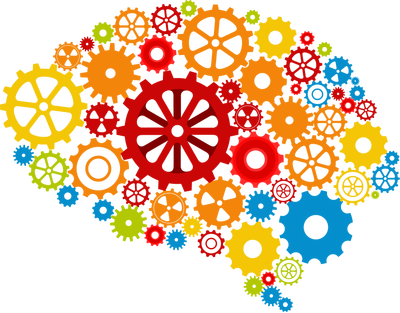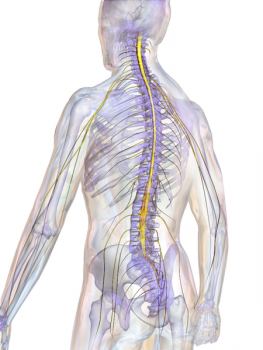 Biopsychology (biological psychology) emphasizes how our behaviour, mental processes, and emotions are influenced by our biology, including areas of the brain, genetics, and neurotransmitters. Neuroscience, psychopharmacology and evolutionary psychology are disciplines closely associated with biopsychology.
Biopsychology (biological psychology) emphasizes how our behaviour, mental processes, and emotions are influenced by our biology, including areas of the brain, genetics, and neurotransmitters. Neuroscience, psychopharmacology and evolutionary psychology are disciplines closely associated with biopsychology.
An in-depth understanding of the brain and body systems is required in biopsychology. Areas of the brain focused on in this field include the frontal lobe (motor cortex), occipital lobe (visual cortex), parietal lobe (somatosensory cortex), and temporal lobe (auditory cortex), which, along with the spinal cord, make up the components of the central nervous system. The peripheral nervous system, which is made up of the somatic and autonomic nervous systems, is also studied in biopsychology.
Perhaps one of the biggest areas of study in biopsychology are the actions of neurotransmitters in the brain and how they affect behaviour. In relation to mental health for example, low serotonin levels are associated with anxiety and mood disorders, while high dopamine levels are implicated in the disease model of schizophrenia. Through these research findings, progress is being made in understanding how much control people have over their disorders. Findings in biopsychology also have relevance in understanding various physical disorders, like Alzheimer's and Parkinson's disease.
Biopsychology also researches how the brain functions and how it responds to things in the environment, including how people learn, how memory is developed and retrieved, and how visual information is processed and understood. Unlike developmental psychology and cognitive psychology, which also discuss learning, memory, and other related topics, biopsychology's focus on these topics is purely related to the biological processes behind them.
Biopsychologists can as researchers and lab assistants or they can work for pharmaceutical companies, educational institutions, or in the field of health and medicine.
© BrainMass Inc. brainmass.com June 30, 2024, 9:21 am ad1c9bdddf

